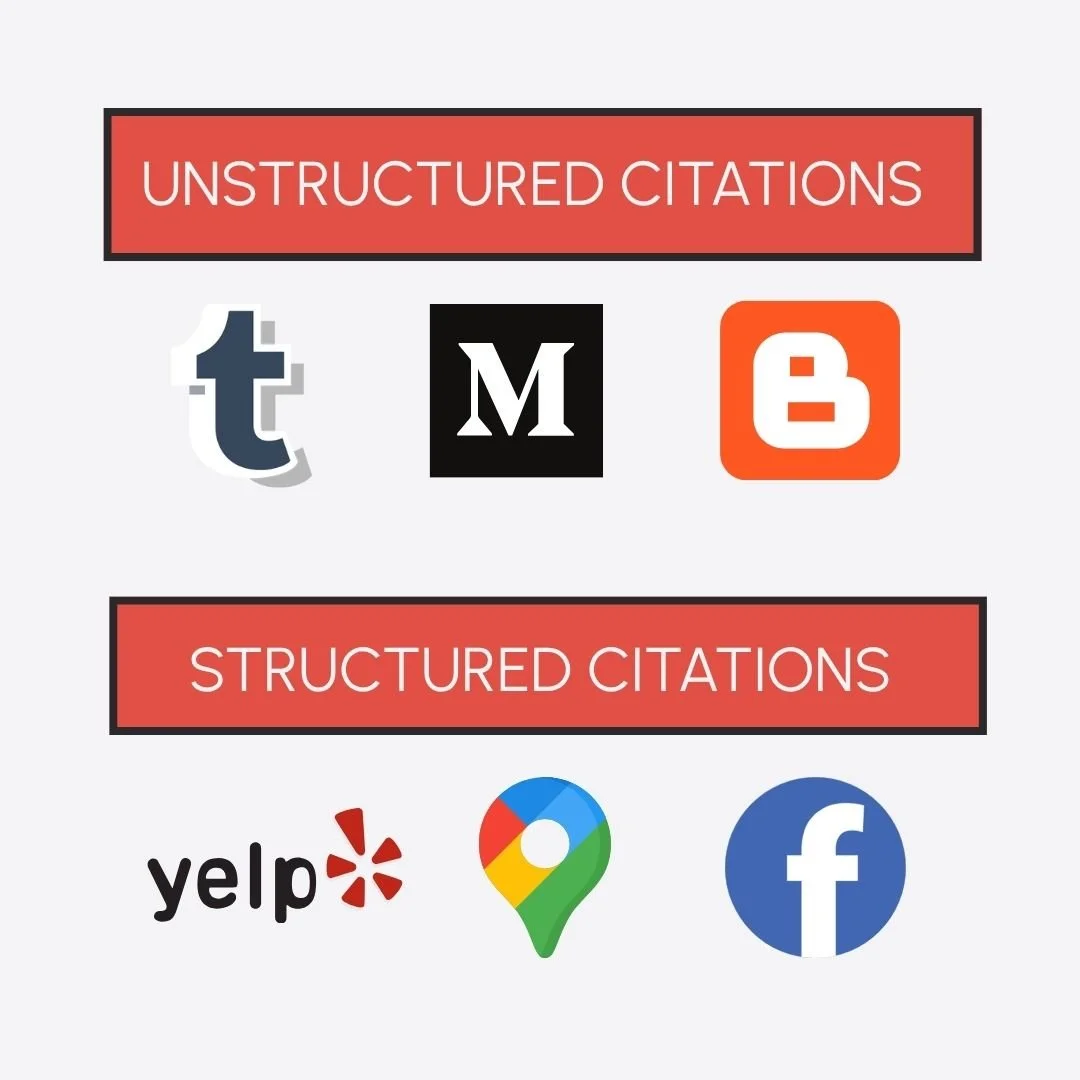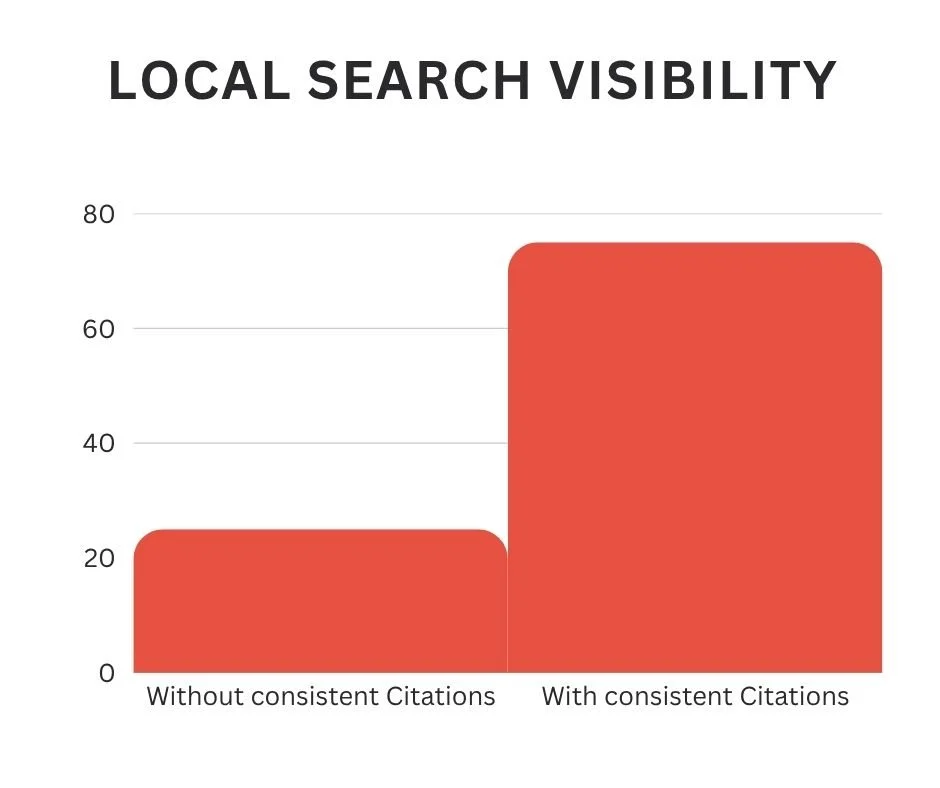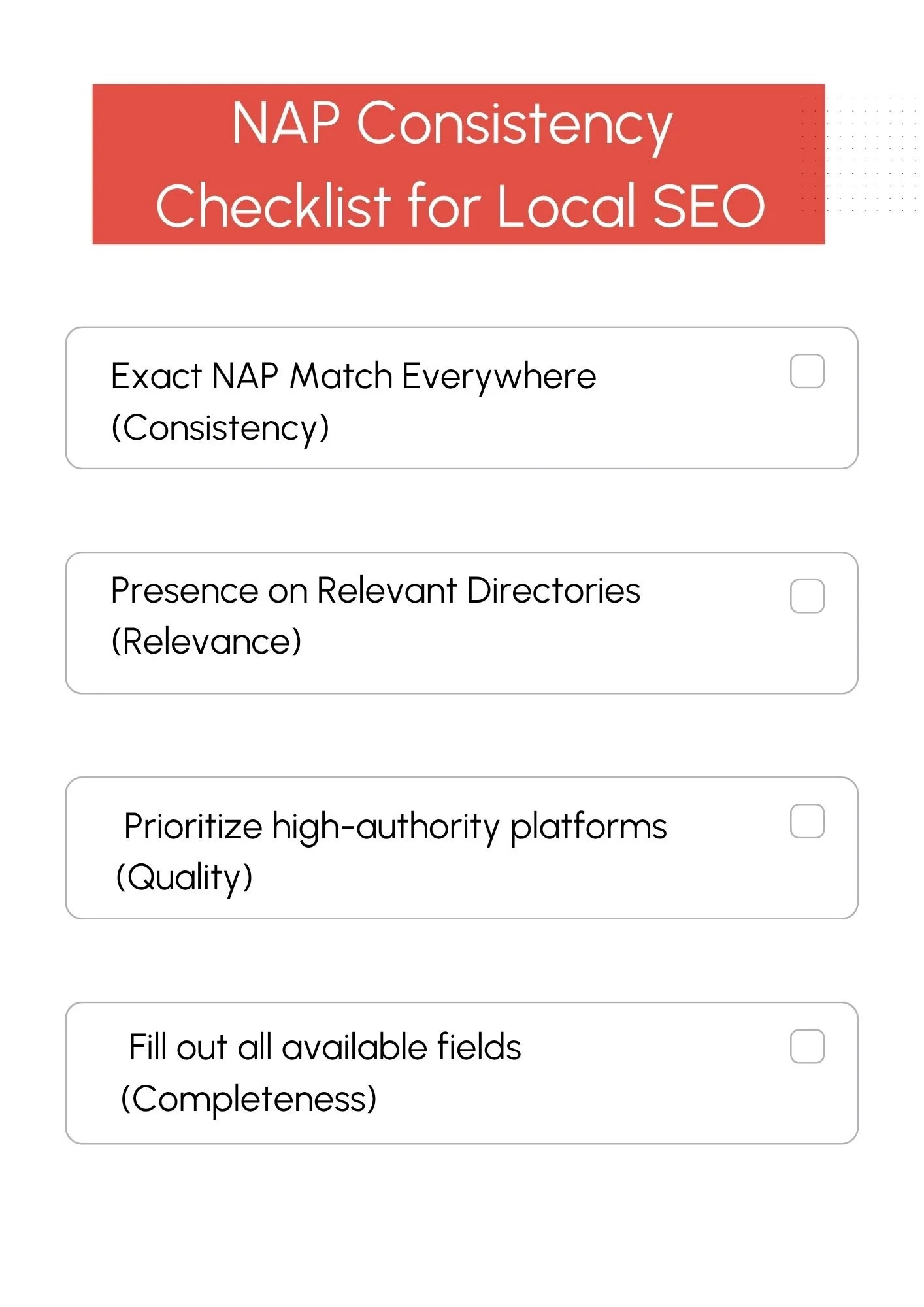Boost Your Local Rankings: What Is Local Citation and Its Impact
You’ve optimized your website, begged for reviews, maybe even burned hours tweaking your Google Business Profile like it’s a Tinder bio.
But when someone searches for your service a few blocks away, nothing. No listing. No clicks. Just silence.
Here’s what no one really tells you:
Google isn’t ignoring you. It’s just not sure you exist — at least not in any way it can confidently prove.
Why? Because your local SEO citations — the digital breadcrumbs that verify your business identity — are either missing, mismatched, or contradicting each other like squabbling siblings.
Now, this isn’t about hacks or tricks. It’s about getting your paperwork straight in the eyes of the one algorithm that controls your foot traffic.
And most businesses screw this up spectacularly — often while thinking they’re doing everything right.
You’re about to see exactly why you’re not showing up, and what to do before your competitors laugh all the way to page one.
What Are Local Citations?
Let’s not lie. “Local SEO citations” sounds like something your printer spits out when it’s bored. But the moment you realize these awkward little data snippets are the reason Google doesn’t know whether to take you seriously or treat you like a catfish — things start to click.
Put simply… A local business citation is your business’s digital ID badge. It’s your Name, Address, and Phone number showing up on third-party sites like Yelp, Google Business Profile, or a local news site’s write-up about “Denver’s best espresso.” That’s it. But if those details are off by even a little, your credibility drops really fast.
There are two main types of citations. One behaves. The other freelances.
Structured citations are the ones you fill out on purpose — online directories, business listings, GPS apps, review sites. They ask for specific fields. You fill them. Google crawls them. All very clean.
Unstructured citations are the offhand mentions that show up in articles, blogs, press features, and event roundups. You didn’t create them. But if they include your business info correctly, they’re SEO gold. And if they don’t? Well… they’re misinformation with your name on it.
Now, most businesses either ignore citations completely or treat them like a one-time setup task. That’d be cute, if it weren’t so expensive. Inconsistent or missing citations are one of the most common reasons small businesses tank in local search — and most owners never find out.
Google doesn’t alert you. Your customers don’t call to say they couldn’t find you. You just... quietly stop showing up. And unless your NAP data is squeaky consistent across every site that references you, you’re handing visibility to someone else without even realizing it.
Why Local Citations Matter for Local SEO
There’s a type of marketing delusion that convinces small businesses they’re “set up” once they’ve claimed a Google Business Profile and maybe signed up for Yelp. Technically, sure — that’s a start. Strategically? That’s like assuming having a resume gets you the job.
Citations for local SEO aren’t just a visibility thing — they’re how search engines verify that your business actually exists and deserves to be trusted.
Many businesses have at least one citation inconsistency. And those inconsistencies are one of the quiet killers of local rankings — especially for service-based businesses. And yet, there’s no alarm bell. No dashboard warning. Just a drop in impressions and a mysterious silence from leads.
If you’re a small business in Denver trying to rank for anything local — let’s say “roofers in LoDo” or “wedding planners near Highlands” — your citation consistency is your admission ticket. Without it, your listing might as well not exist.
Here’s what you’re really risking by ignoring this:
Local ranking loss: Google cross-checks your NAP details across hundreds of sources. If they’re inconsistent, you drop. It’s not personal. It’s just math.
Consumer confidence collapse: 62% of people say they’ll skip a business entirely if the contact details seem sketchy. Not outdated — just inconsistent.
Missed action: Citation-rich businesses saw up to 87% more website clicks and 102% more driving direction requests. So yes, local SEO for small businesses still depends heavily on citations done right.
Even a local digital marketing firm wouldn’t survive on search traffic alone if its listings were a mess.
And if you think this doesn’t apply to you because “we’ve got everything listed already” — check again. Your citations aren’t just entries on a spreadsheet. They’re the proof Google uses to decide whether you're worth showing to real, local buyers who are seconds from calling someone. If it’s not you, it's whoever’s citation game is actually tight.
Key Elements of Effective Local Citation Building
There’s nothing exciting about the phrase “local citation building.” Which is probably why so many businesses treat it like background noise. But if Google’s reading your citation data and going, “Wait, they said ‘Avenue’ here and ‘Ave’ there?” — congrats, you’re now an unreliable narrator in the algorithm’s eyes.
This is how local SEO ranking factors quietly tip away from you, and toward someone else.
Let’s not overcomplicate it. You don’t need 10,000 citations. You just need them to not suck.
Consistency
Your Name, Address, and Phone Number (NAP) should look exactly the same everywhere. And yes, that includes things like “Street” vs. “St.” — Google’s not guessing. It cross-references. If your Google Business Profile says one thing and your Yelp page says another? You're essentially giving Google conflicting affidavits. That affects trust. Which affects rankings. Which affects leads.
Relevance
No one cares if your Denver plumbing service is listed on a South African fishing directory. Focus on industry-specific and locally authoritative directories — like the Denver Metro Chamber of Commerce. Google respects location specificity. You want citations in places that make contextual sense.
Quality
Listing your business on expired coupon sites or cloned directories with no traffic is not citation building — that’s pollution. Stick to high-authority players like Yelp, Google Business, Bing Places, and data aggregators like Foursquare. They carry real weight in local SEO services.
Completeness
If you’re only adding your NAP and ignoring fields like website, business hours, and categories — you’re doing a half-job. More complete listings get higher trust scores. Google has said this publicly. It’s not a theory.
There’s zero flair in getting this stuff right. It’s paperwork. But boring doesn’t mean optional. A Denver plumber with consistent NAP info across Google, Yelp, HomeAdvisor, and Angie’s List will outrank a flashier competitor with sloppy data. Every single time.
Benefits of Professional Local Citation Services
If this all sounds tedious, that’s because it is. Citation management isn’t glamorous. It’s line-by-line detail. And if you’re still trying to juggle clients, emails, and invoices — you shouldn’t be the one auditing 83 directories manually.
This is where local citation services earn their keep.
Professionals bring a few things to the table: time, accuracy, and a lack of emotional bias. You won’t catch a seasoned citation auditor saying, “Eh, it’s close enough.” That alone is worth paying for.
Save Time
The first thing a professional will do is… audit your existing citations and identify mismatches you probably didn’t know existed. And yes, there’s always something off. Even if you swore you did it right five years ago. Businesses change. Platforms update. Details drift. The fixes are technical, boring, and extremely necessary.
Strategic Targeting
Most people default to mass-submission services. Not smart. A decent digital marketing firm will only target directories that make sense for your industry and city. If you’re a personal injury attorney in Denver, you’ll want mentions in local legal blogs or directories, not just spammed across random national coupon sites.
And don’t underestimate the impact of niche authority. A study from Whitespark confirmed that industry-relevant citations correlate with stronger local visibility — especially when combined with consistent NAP and backlinks. For more ways to strengthen your visibility through integrated strategies, explore these expert digital marketing insights from a leading Denver agency.
Higher ROI
This isn’t magic dust. It’s structure. You build citations the right way, your local SEO ranking factors start stacking in your favor. Search engine confidence goes up. Rankings follow. Your maps visibility climbs. Calls come in.
No, professional local citation building isn’t always dirt cheap. But it’s a hell of a lot cheaper than spending three months buried under inconsistent listings and wondering why your competitors keep stealing your leads.
Conclusion
Local citation management is not a sexy task. You won’t get compliments on it. You’ll never win an award for “Best NAP Format.” But if you want to show up when people search for what you sell — especially in cities like Denver, where competition isn’t shy — you’re going to need to get this part right.
Solid citations don’t guarantee you’ll dominate local SEO. But messing them up guarantees you won’t.
And you don’t need to blow your budget. Most local citation services for SMBs are affordable, scalable, and backed by platforms that have already done this a thousand times. If you’re too busy to cross-reference every listing yourself — let someone else do it.
We're one of those "someone else’s." We do this daily, and we know how to fix citation messes without overcharging or overpromising.
Want to know where your business stands right now?
Frequently Asked Questions
-
A: You can find local citations by running your business name through tools like BrightLocal, which scan directories, listings, and unstructured sources. Alternatively, search your business name in quotes along with your phone number to spot listings manually across directories, blogs, and review platforms.
-
A: Create a local citation by submitting your accurate business Name, Address, and Phone number (NAP) to trusted directories like Google Business Profile, Yelp, or niche-specific platforms. Always ensure consistency across all listings, and include extra details like website, hours, and categories for a stronger impact.
-
A: An example of a citation is your business listed on Yelp with the exact same Name, Address, and Phone number as on your Google Business Profile and website. It counts as a citation even if there’s no backlink, as long as the NAP details match and are publicly visible.
READ MORE…
Tips from a Denver Marketing Agency to Grow Your Business Online




